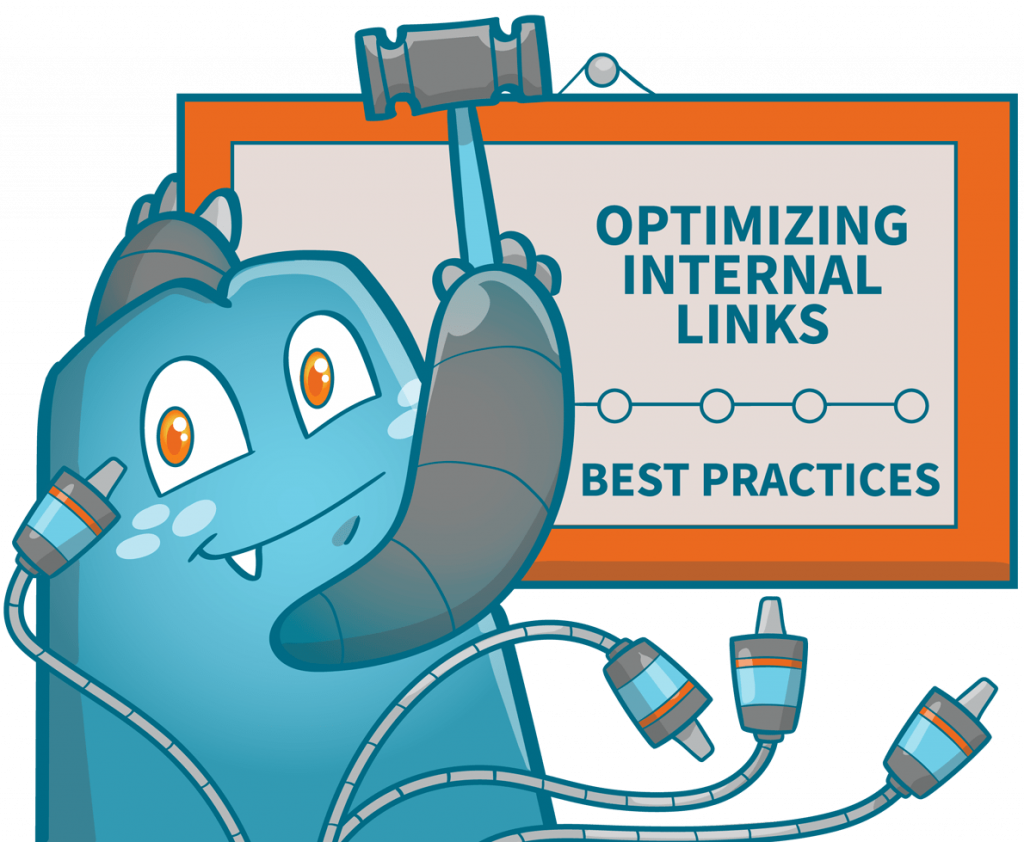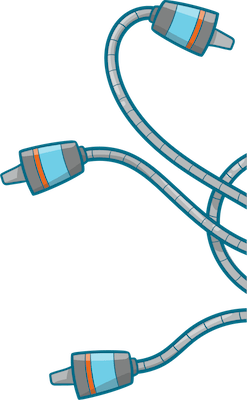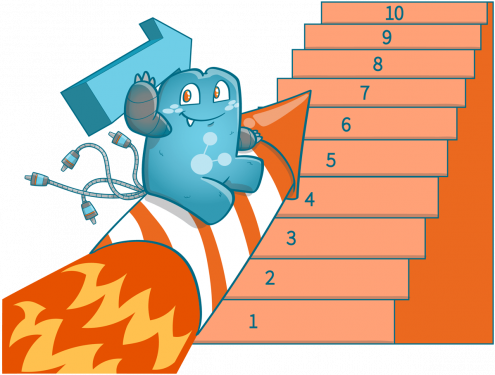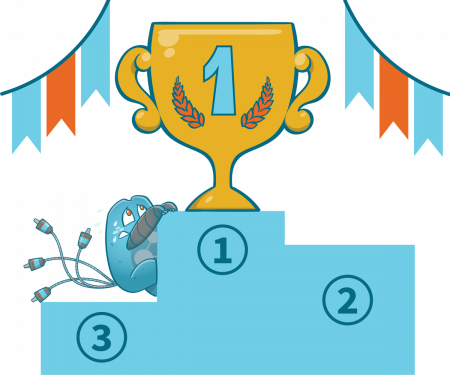The Rise of SEO Content: A Guide for SEO Writers

The world of SEO writing is changing rapidly. Businesses are becoming more sophisticated in their SEO approach, which means that SEO writers need to be on top of the latest trends.
In this blog post, we will discuss some of the most important aspects of modern SEO content: keyword research, link-building strategies, and more.
What is SEO?
SEO stands for “search engine optimization,” which simply means writing web copy, so it ranks high on Google (and other) searches. A lot of people think this involves stuffing keywords into every nook and cranny of a blog post, but there’s more to it than that!
Search Engine Optimization isn’t about manipulating or tricking the system: it’s about providing readers with genuinely helpful information they’ll love. What does this look like in practice?
Keyword Research
One of the most important aspects of SEO writing is keyword research. You need to identify the keywords and phrases your target audience is likely to use when searching for information on your topic. Once you know what those words are, you can include them in your content naturally and effectively.
You can use several different tools and techniques for keyword research, including Google AdWords Keyword Planner, Google Trends, and Answer the Public.
Keyword research might sound like a daunting task, but it’s actually quite fun! You can get lost for hours browsing through apps and websites just looking for the perfect keywords you would want to rank for.
Link-building
In order to rank high in search engine results pages (SERPs), you need links from high-quality websites. This is known as “link-building,” and it’s one of the most important aspects of SEO content.
There are a number of different link-building techniques you can use, such as guest posting, infographic promotion, and social media marketing. However, the best way to build links is simply by creating great content that people will want to share.
Types of Links to Help Your SEO Content Rank Higher
Backlinks (Inbound Links)
These types of links are particularly important for SEO. When someone links to your website on their own site, it’s known as a backlink (or inbound link). This tells Google that your content is valuable and should be ranked higher than the competition.
Building backlinks can either be natural or paid. Natural backlinks are the ones where someone links to your content simply because they think it’s valuable. Paid backlinks are the ones you purchase from a third-party website (usually for a fee).
However, paying for backlinks is highly discouraged by search engines since it’s considered an attempt to cheat the system. It is best practice to keep all of your link-building efforts as natural as possible, even if you’re purchasing backlinks from third-party websites.
External Links (Outbound Links)
External links are any links that lead away from your website. When you include a link to another website in your content, it’s known as an external link (or outbound link).
External links are essential for SEO because they help establish authority and trustworthiness. Google sees websites with lots of external links as more reputable than those without, so including them in your content can help improve your ranking.
Another reason external links increase your chances of ranking high is that placing these links on your content means that you’re not only focused on getting conversions. Instead, you’re also creating pieces of content and linking them to reputable sources that users can use to add to their knowledge.

Internal Links
Internal links are any links that lead back to your website. When you include a link to one of your own pages in your content, it’s known as an internal link.
Internal links are essential for SEO because they help visitors navigate your website. They also help Google crawl and index your pages more effectively, which can improve your ranking in SERPs.
There are a number of different ways to include internal links in your content, including:
- Text links
- Buttons
- Images
- Tables
- Lists
Including internal links is a great way to keep people on your website for longer, and it also helps you rank higher in search engine results pages. So make sure to use them liberally in all of your content!
Tips for SEO Writers: Creating SEO Content that Ranks
Now that you know the basics of SEO writing, here are some tips to help you create high-quality content that will rank well in SERPs:
Craft Original Content
There’s nothing better than presenting original thoughts and ideas to your audience. Not only will they appreciate the fresh perspective, but Google will too! So make sure to spend time creating quality content that’s all your own.
You also need to ensure that your content is plagiarism-free. Google hates plagiarism, so make sure your content is original and doesn’t contain any copied material. Plagiarism can result in a penalty from Google, which can seriously hurt your website’s ranking.
Include Keywords Strategically
When including keywords in your content, it’s essential to place them where they will have the most impact. Try to include them in the following places:
- Title
- Headings and subheadings
- Introductory sentence
- Concluding paragraph
- Anchor text (text you use to hyperlink to other pages on your website)
By placing keywords strategically in your content, you can help improve its ranking in search engine results pages.
Make Your Content Easy to Read
Nobody wants to read a wall of text, so make sure to break up your content with headings, subheadings, images, and lists. This will help make it easier for users to scan and understand the information you’re providing.
In addition, use short paragraphs and avoid dense blocks of text. Not only is this visually appealing, but it also makes it easier for people to read.
Proofread Your Content Thoroughly
Always proofread your content before publishing! Typos and grammar mistakes can be a significant turnoff for readers (and Google), so make sure to take the time to clean them up.
Include External Links
As we’ve already mentioned, external links are important for SEO because they help establish authority and trustworthiness. So make sure to include them in all of your content!
However, you shouldn’t just link to any site available. Pick the ones that offer value to your readers. For example, if your site is about cooking, link to reputable sources like the Food Network and Saveur. Or, if you’re talking about facts, why not try linking to published journals, perhaps?
Make It Actionable
No one wants to read a list of facts or instructions without further explanation. Make sure all of your insights include actionable information so readers can use them straight away.
This is especially important if you’re creating an e-book or guide because people expect something they can apply right away instead of just more information to digest.
Use Internal Links
Internal links are also crucial for SEO because they help visitors navigate your website and index your pages more effectively. So be sure to use them liberally in all of your content.
Create Engaging Titles
Your title is the first thing users will see when searching for information online, so make it compelling! It should be well-written, descriptive, and include your target keywords. Make it stand out by having a number of elements in the title – for example:
- Special characters
- Numbers
- Puns or other wordplay
- Keywords that are relevant to the content you’re writing about
By doing this, you’ll grab users’ attention right away, and they’ll click on your result because it’s more interesting than everything else available. Doing so can boost page views, which is excellent for SEO purposes. The goal here isn’t just to get clicks; instead, it’s to create engaging titles that encourage people to read further into your content.
Create Quality Backlinks To Your Website
Once you’ve considered all the basics in SEO content creation, you need to start figuring out how to get backlinks to your site. This is one of the most complex parts of ranking SEO content on search engines.
But, thankfully, there are many ways to go about it. You can start by guest blogging on other websites in your niche, for example, to get exposure and build relationships with other bloggers. Or you can try commenting on forums where your target audience hangs out so they’ll notice you. You could also consider giving away samples of your product or service in exchange for a link back (this is called “bribing”).
When creating quality links to your site, make sure that the websites you’re targeting are relevant, high-quality, and have a good reputation. This will help your website rank higher on search engine results pages.
Remember, you want authoritative sites (like .edu or .gov sites) to link back to your website because it will help boost its authority and credibility. So, if you include a quote from an article on another site or reference a research study in your content, be sure to hyperlink back so that readers can click through for more information.

Don’t Waste Your Content, Optimize Them!
Your content plays a huge role in SEO, but to ensure you’re getting the most out of them, you need to start optimizing them using the tips we’ve outlined.
By following these tips, you’ll be able to create SEO content that’s not only effective but will help increase website traffic and boost your rankings on search engine results pages. So get started today and see the difference it makes for your business!
On another note, if you’re looking for a tool that will help you interlink the pieces of SEO content on your site, why not look into Internal Link Juicer?






